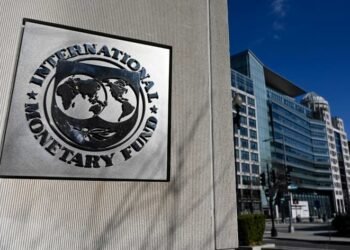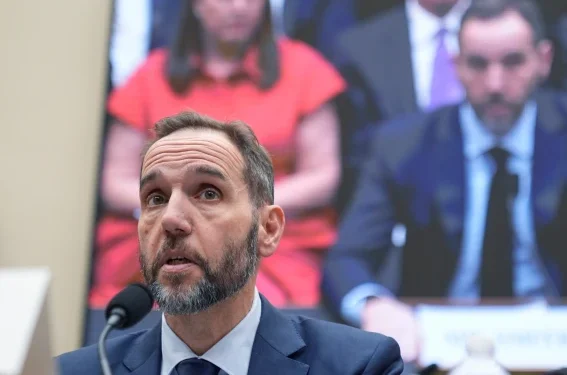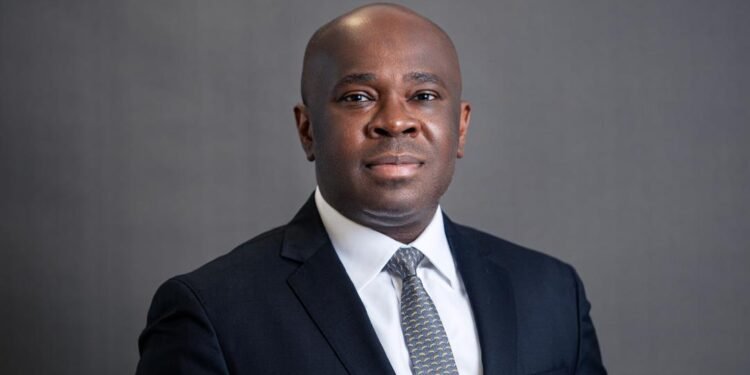Dr. Yusif Sulemana, an Energy Analyst and a Senior Oil Production Operations Specialist with Petroleum Development Oman has advised the government to revisit the recommendations of the World Bank’s power sector reforms in order to reduce gross inefficiencies.
In part, the company’s deep-seated structural weaknesses have over the years culminated into gross inefficiencies within the establishment. On the one hand, it is now a canker that has been left to continue due to the seeming difficulty in ensuring vast changes to its operations. On the other hand, there has been lack of political will to encourage private sector participation to ensure competition.
According to the energy expert, “our quest to adapt the World Bank’s model of power sector reforms in 1994. [This was] at a time where VRA was a unique component that was almost controlling the entire power sector. We had to unbundle distribution from the generation component and then also the transmission component which was done, however, the recommendation of the World Bank was not implemented to the fullest.”
“Once we unbundle the generation side, and liberalized it, allowing private sector participation, we failed to follow through with the distribution. In fact, by now, we should have liberalized the distribution and allow private sector involvement or open the market so that the consumer will have multiplicity of choice.
“[Then], we will not have only ECG which is the sole distributor of power that is coming from the generators. So, the problem of ECG is gross inefficiencies. Imagine an entity which is not able to account for about 25%-30% of power given to it. And it is not that power is not given to the consumers but that they are unable to recover the money and grossly due to inefficiencies, managerial weaknesses, and structural weaknesses.”
Breaking Away from the cycle
He indicated that, going forward, what must be done to break away from this cyclical event is to ensure liberalization of power distribution. There can also be an alternative source to ECG, so ECG will sit up. Otherwise, ECG will keep draining all other partners, especially the generators, he highlighted.
He made these remarks in response to the Auditor-General’s report that indicated that ECG owed Bui Power Authority a staggering amount of US$386,878,949.46 as at year-end 2019. And most likely, with another 2 years spent in addition, this amount would have sky-rocketed further.
Given a bird’s eye view of the power system in Ghana, three major segments are being run; while the generation component is fully liberalized as there is private sector involvement through Independent Power Producers (IPPs), there is none for the distribution side, he stressed.
Gross inefficiencies in the management of ECG has earned it an ‘unenviable medal’ among the countries’ public institutions. This problem has remained protracted for years. While citizens are not oblivious of these, yearly audit reports from the Auditor General’s office reveal tall lists of jaw-dropping accounts from indebtedness, mismanagement, fraudulent contracts, corruption sagas, and the like. And this has become a cyclical problem.
Furthermore, he indicated that there is need for an injection of some bit of efficiencies into the operations of the ECG or the whole power system. Anything short of this will end up draining all the other components, he stressed.
Deregulation/Liberalization of the Power Sector
“People entertain fears of prices going up, but the essence of deregulation or liberalization is rather to bring prices down; Because, there will be competition and then efficiency. And so once you have competition, every player will try to give the end-user efficient and competitive power.
“If you look at our tariff structure controlled by PURC, the component for the distribution and transmission losses is huge. So let’s assume we are able to inject a bit of efficiencies into the distribution and transmission and that component which is almost 20-25% within the structure which the end-user pays is taken out , it’s going to inure to the benefit of industrialization.”
He observed that a lot can also be done on the generation side. Especially, the gas that is supplied to the thermal plants is being fixed by PURC. “If this component is liberalized, PURC will only play an oversight role by monitoring instead of fixing the price and then allow the market forces to dictate. I think with that we can further bring down the cost of gas.
“We actually fix things when we have supply constraints, and I think now we don’t have supply constraints, especially now that we are even talking about LNG coming to our terminals. And I also believe we have massive gas reserves within our local reserves which we can take advantage of.”
Dr. Yusif sulemana, Energy Analyst
READ ALSO: Irregularities in management of DACF total GHS396 million from 2016-2020























